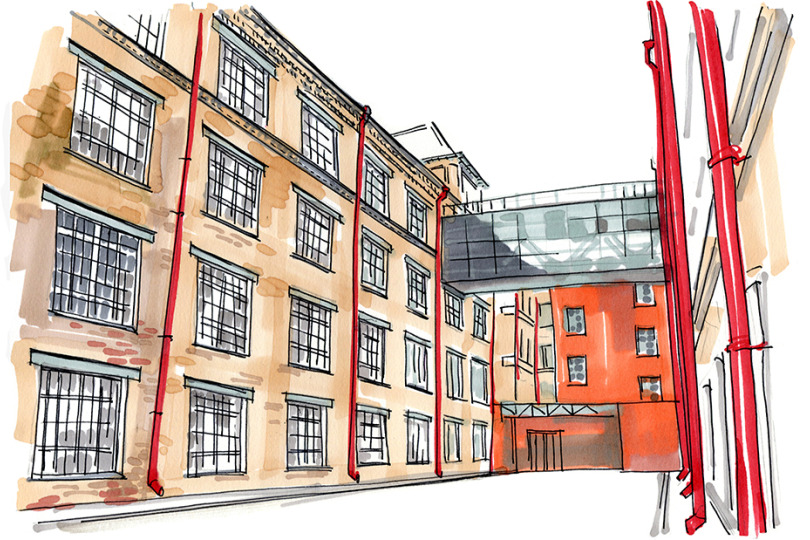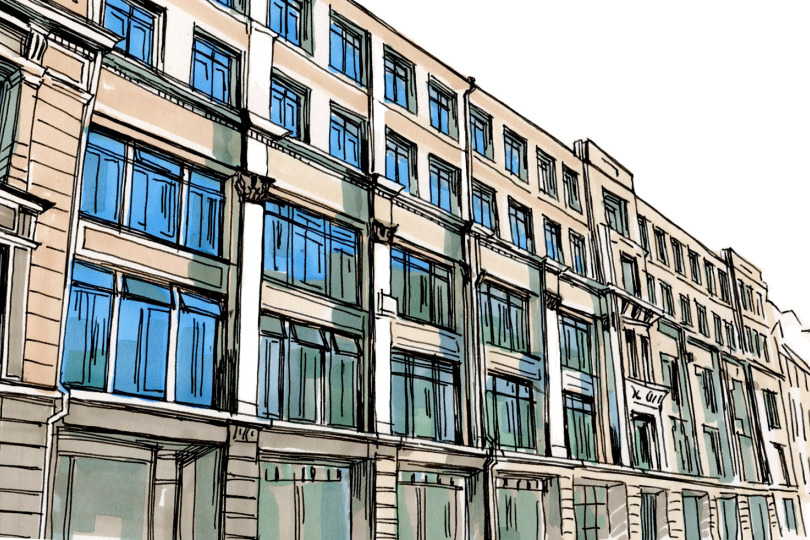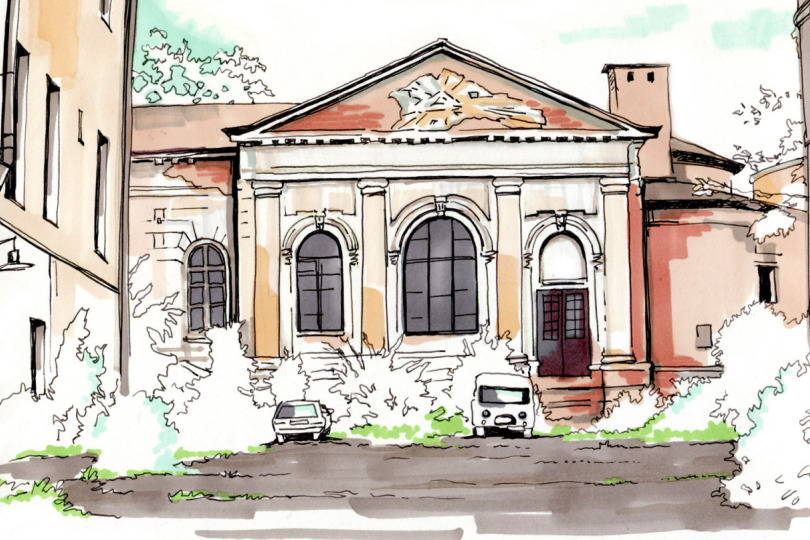HSE Academic Wins Prize of Dinasty Foundation
Stalin: Zhizn odnovo vozhdya or Stalin: New Biography of A Dictator by Oleg Khlevniuk, Leading Research Fellow at the International Centre for the History and Sociology of WWII and Its Consequences, has won the Prosvetitel [Enlightener] 2015 Prize for Biography.
HSE – An Ideal Choice for History Students
Samrat Sil, a student from Presidency University in Kolkata, India is currently studying on the Master’s programme in Applied and Interdisciplinary History at HSE St. Petersburg. The programme focuses on the analytical part of history and how it can be used and applied in our day to day life. It comprises a wide variety of crucial topics like memory, identity narratives and the use of sources in history and historiography. It also focuses on heritage and its relation to history and economy. The students are encouraged to develop their own research topics for their Master’s thesis.

HSE. Cornerstone: 3 Kantemirovskaya, Saint Petersburg
In September 2015, after undergoing a major overhaul, part of the HSE St. Petersburg campus opened at 3 Kantemirovskaya St., Building 1A, becoming the home of the School of Economics and Management. This building was previously the location of a weaving mill that had had several names and owners over its more than 100-year history.
From Ancient Inscriptions to Blogs: Different Disciplines’ View on Ego Texts
HSE has held its post-graduate humanities summer school 'History in the First Person: From Antiquity to Our Time'. The summer school was dedicated to texts written or recorded in the first person, as well as to various methods for analysing them. The school’s organizers and participants spoke with the HSE news service about what ego texts are, how representatives of different disciplines work with them, and how French methodology differs from Russian.
Re-examining Post-War Soviet History through the Lens of Corn
Challenging traditional explanations of history and taking a new view on the past is the hallmark of a good historian; re-examining the history of post-war Soviet agriculture and economics is no exception, according to Aaron Hale-Dorrell, who recently received his PhD in History from the University of North Carolina – Chapel Hill and will begin a post-doctoral fellowship at the HSE International Centre for the History and Sociology of World War II and Its Consequences in September. Aaron Hale-Dorrell recently agreed to speak with the HSE news service about his research interests, his plans while at HSE, and his experiences living and working in Russia.
History in the First Person: From Antiquity to Our Time
On August 24-26 the post-graduate humanities summer school 'History in the First Person: From Antiquity to Our Time' will be held at HSE. The event is organized by HSE Faculty of Humanities, the Centre of Franco-Russian Research in Moscow, the School for Advanced Studies in the Social Sciences (Paris), and Eastern Studies Research Group of Strasbourg University.

Around HSE
HSE invites you on a virtual tour of Moscow. We’ve put all the HSE Cornerstone articles together and made a map of places worth seeing in the neighbourhoods around the university buildings.
A Gathering of Historians
Zelenogorsk hosted an international conference on the history of diverse societies, as well as on the history of nationalism. The conference, which was called ‘Ruptures and Continuities in Histories of Empire: Federalism, Regionalism, and Autonomies as Alternative Political Imaginaries of Post-Imperial Political Order’, was organized by the Department of History at HSE - St. Petersburg and drew leading experts in the field of ‘new imperial history’.

HSE. Cornerstone: 10th line of Vasilyevsky Island, Building 3/30
The building that used to house St. Petersburg's Patriotic Institute has held its status as an educational establishment for more than 200 years. The campus was placed under the operational control of the St. Petersburg Higher School of Economics in 2006.
1,262
people attended open lectures by Carlo Ginzburg, a distinguished Italian academic and proponent of microhistory. Ginzburg recently arrived in Moscow at the invitation of the HSE Institute for Theoretical and Historical Studies in the Humanities.


Deadline for applications to present academic reports - January 20, 2025